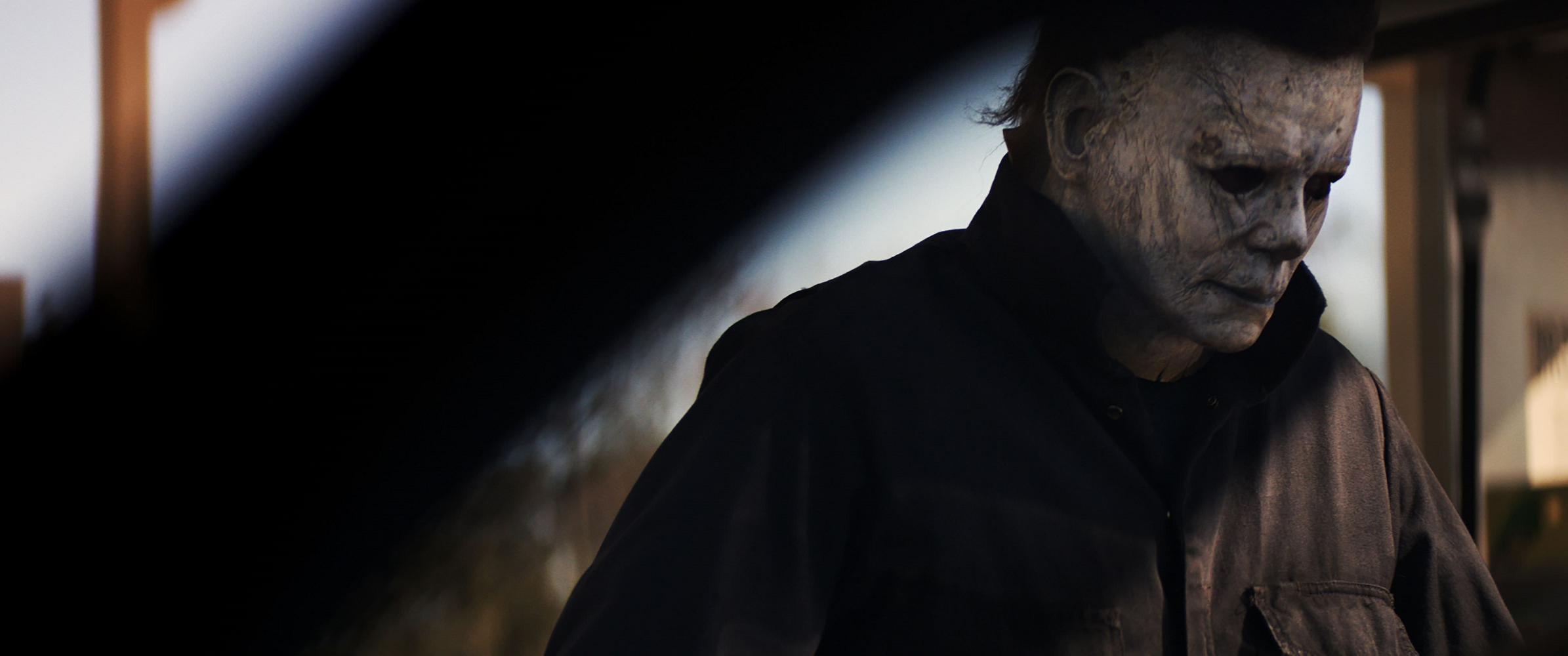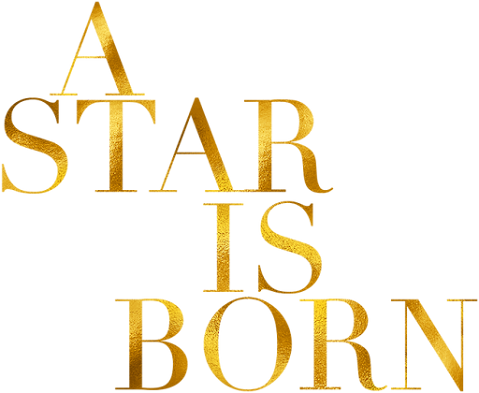After 40 years of lackluster sequels (“H20”, “Halloween: Resurrection”), bizarre reinterpretations (“Halloween (2007)”), and good films marred by franchise association (“Halloween III: Season of the Witch”), Jamie Lee Curtis and John Carpenter are back, along with writer/director David Gordon Green (“Pineapple Express”, “Stronger”, “Prince Avalanche”) and writers Danny McBride (“Pineapple Express”, “This is the End”) and Jeff Fradley (“Vice Principals”) to retcon everything and bring you the true sequel to “Halloween (1978)”: the aptly titled “Halloween (2018).”
Despite a relatively short length of one hour and forty minutes, “Halloween” takes a bit to get going. While it’s great to hear about Laurie’s life and what she’s been up to in the forty years since the original film, the first thirty minutes just feel stretch out. The two podcasters who try to interview Myers are fine enough, and the fact that they are podcasters making an episode on Myers helps to provide context to the previous film’s events.
But they also feel a bit inconsequential, as they’re around for maybe twenty minutes and then they no longer are. It leaves their story feeling like nothing more than an easy way to provide context. A great way to add context, but lackluster all the same.
Given that this is a slasher film, things pick up and really become entertaining once the lashing begins. The reveal of Myers’s and his beloved mask is wonderfully done, and his initial escapades are tense and delightfully brutal, thanks to excellent use of the unbroken shot technique from cinematographer Michael Simmonds (“Nerve,” “Paranormal Activity 2”).
Jamie Lee Curtis (“Freaky Friday (2003),” “A Fish Called Wanda”) delivers a harden performance as the PTSD stricken Laurie Strode, and while no one equals her excellent performance, the rest of the cast are more than capable. Judy Greer (“Archer,” “Ant-Man”) overcomes a rocky introduction and establishes Strode’s daughter as just as fierce as her mother. Will Patton also does a fine job as Officer Frank Hawkins. The supporting cast isn’t anything to writer home about, but are perfectly passable.
However, its Andi Matichak, a relative unknown, completely steals the show. Not only does she confidently maneuver her way through a boring high school subplot, but she does so while still maintaining a great performance. Her role as Allyson, Strode’s granddaughter, is easily comparable to Curtis’s performance in the 1978 original: immediately memorable.
This sequel may be retconning everything that isn’t the original film, but the writers are clearly still having fun with the subject material. There’s fan service around almost every corner, be it a shot constructed to look exactly like a previous film’s, or sly winks and nods when certain lines are uttered.
It is also worth noting that, while a lot of interesting ideas are brought up, none are answered. Multiple times the idea of Michael’s refusal to speak is mentioned, as well as what makes him want to kill. They’re mentioned and never answered, but it feels intentional. Almost like the writers were deliberately pointing out the futility of trying to pick apart something as iconically, all-encompassingly evil as Michael Myers.
It may have a rocky first act and forgettable supporting characters, but once the third act begins and Myers has his true goal in his sights, everything climbs to perfection. The last thirty minutes may be one of the most expertly constructed third acts in cinema this year. The tension is palpable, and every creak is enough to make the audience jump.
Finally, a worthy successor to the original 1978 classic and just a good “Halloween (1978)” sequel period. This new take on the franchise smartly doles out its murders and fan service in such an expert way. By the time the third act comes, the stage is set for a confrontation of epic proportions. Sure, the first act is weak, and most of the supporting cast are clear fodder for Myer’s murderous ways. But when blood starts to spill, and Carpenter’s iconic score starts to play, there’s something almost magical in watching Mikey set free to play. 4/5




.jpg)






